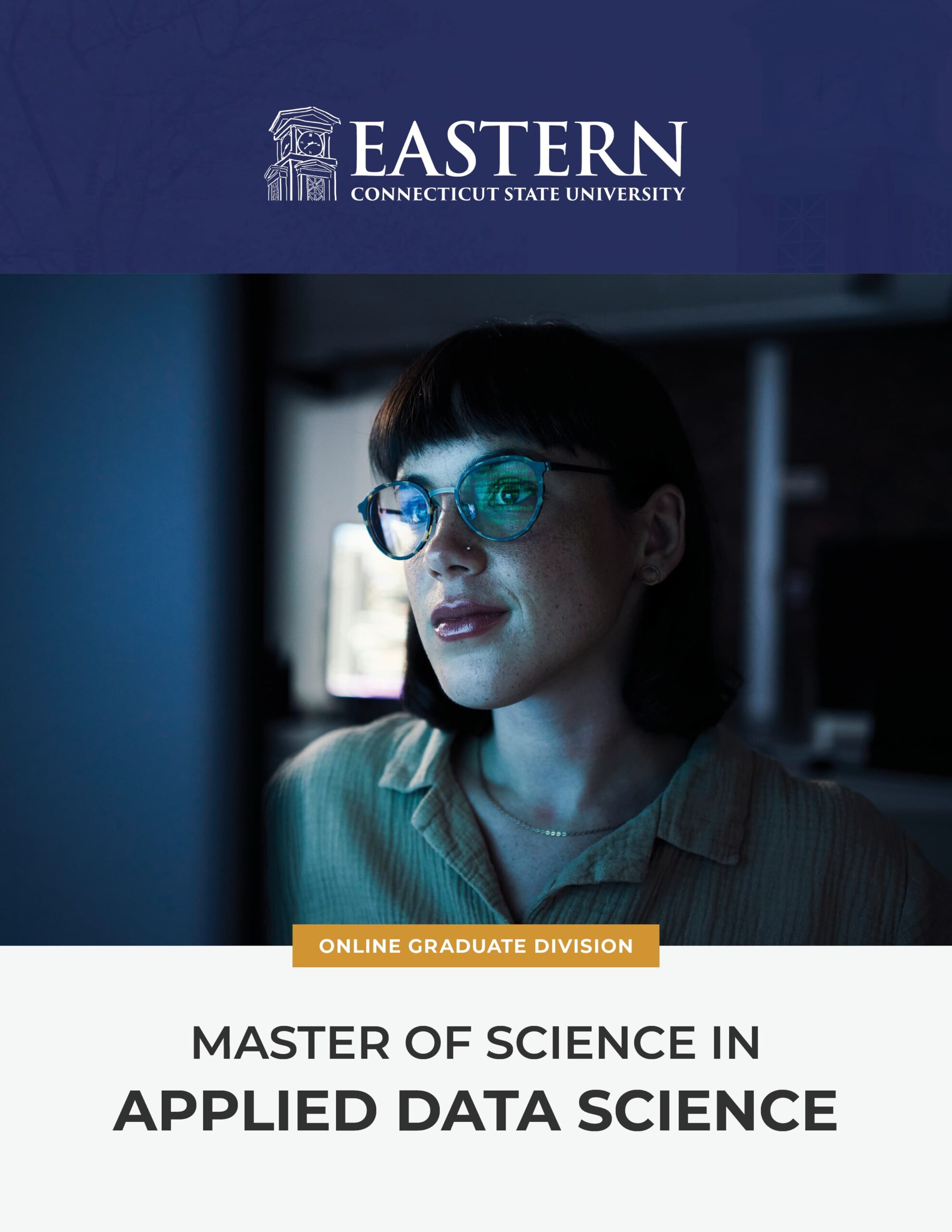Advanced technology has impacted a variety of industries across the job market, especially healthcare, an industry serving as one of the main drivers of US job gains. Those with skills in data analytics are highly valued in healthcare, where data-driven strategies have changed everything from how clinicians meet with patients to the use of predictive diagnostics.
Data science plays an integral role in how healthcare is delivered and managed. By applying the power of data analytics, healthcare providers can deliver more personalized, efficient and effective care.
Algorithms, artificial intelligence (AI) and other technologies are “transforming the way physicians identify, treat and manage diseases,” according to a report from Johnson & Johnson. For those who earn a Master of Science in Applied Data Science, healthcare is an industry where they will find ample opportunity to use their skills and knowledge.
Uses of Data Analytics in Healthcare
To understand how data analytics are used in healthcare, it’s important to understand the different types of analytics. In general, most work in data analytics falls into one of these areas.
Descriptive Analytics: Historical data is collected, categorized, aggregated and classified. By having access to information on patients and treatment outcomes, medical professionals can make more informed decisions. In general, descriptive analytics leads to understanding what happens when certain decisions are made, based on historical data.
Diagnostic Analytics: These analytics are used to determine why certain events occurred by examination of historical data and identifying the root causes of problems or anomalies. Diagnostic analytics involves deeper analysis than descriptive analytics and often involves techniques such as data mining, correlation analysis and root cause analysis.
Predictive Analytics: While descriptive analytics references past data, predictive analytics leverages past data to anticipate the outcomes of current medical strategies. It also can be used to predict the outcomes if current strategies and approaches are changed. Advanced algorithms are designed to find data trends, as well as find the connections between different data sets. An example of this is connecting certain patient demographics with a higher likelihood of certain health outcomes.
Prescriptive Analytics: Using advanced algorithms, prescriptive analytics can determine potential solutions by identifying the best option in a specific medical situation. This goes beyond predicting future outcomes to recommending actions or decisions that will optimize desired outcomes.

Online M.S. in Applied Data Science
Dive into the world of analytics with an online M.S. in Applied Data Science. Unlock actionable insights, master data-driven decision-making, and open doors to new opportunities. Begin your transformative journey now.
Examples of Data Science in Healthcare
Both diagnostics and predictive analytics already have a big impact in healthcare. With electronic health records (EHRs), algorithms can sift through vast amounts of patient data to identify patterns and predict potential health issues. For instance, predictive analytics helps identify individuals at high risk for certain diseases, allowing for early intervention.
Data-driven diagnostic tools can also enhance the accuracy in disease detection. Advanced imaging techniques combined with machine learning algorithms analyze medical images such as X-rays and CT scans with remarkable precision, aiding radiologists in detecting abnormalities that might otherwise have gone undetected.
Another advancement in data science is personalized medicine. Every patient has a unique genetic makeup, as well as differing lifestyle factors and environmental influences. Data science enables healthcare providers to tailor treatment plans to the specific circumstances of each patient.
Data also helps with the business side of healthcare. Hospitals and healthcare systems generate enormous amounts of data that include patient demographics, medical histories, resource use and staffing levels. Healthcare administrators can apply data to these issues, optimizing processes and improving efficiencies. Data can also help drive healthcare policy, providing practical insights for decision-making of strategic decisions concerning the health system.
Explore Eastern’s Master’s in Applied Data Science
The online Master of Science in Applied Data Science through Eastern Connecticut State University (Eastern) prepares graduates for new opportunities in business, finance, healthcare, sports, entertainment, and more. The program is one of four master’s degree programs that Eastern has designed for working adults.
Students in the Applied Data Science program are taught the essentials of data science, the use of analytics to extract data, programming languages such as Python and the application of knowledge. All students participate in a capstone project with a sponsor or faculty member that allows them to apply what they have learned to a real-world challenge.
The degree prepares graduates for careers that continue to grow. The U.S. Bureau of Labor Statistics (BLS) projects a substantial 23% increase in all computer and information research scientists over the next decade, as well as a 35% job growth for data scientists. The BLS anticipates more than 17,700 job openings for data scientists every year over the next decade.






